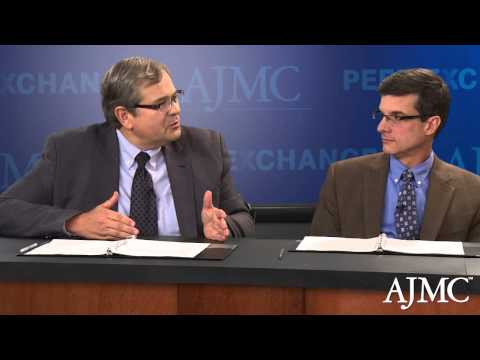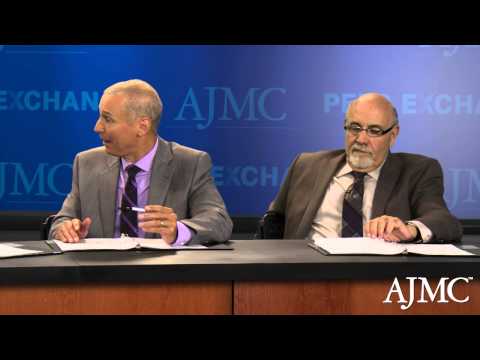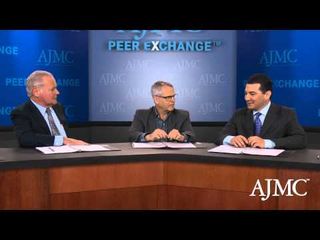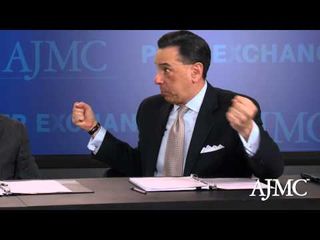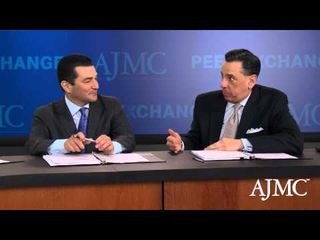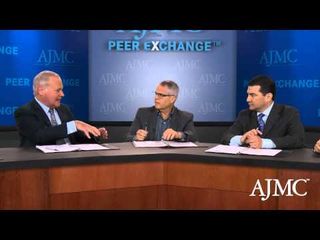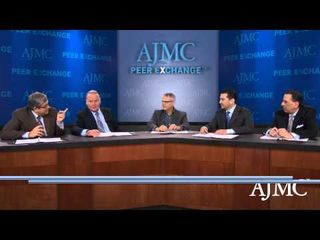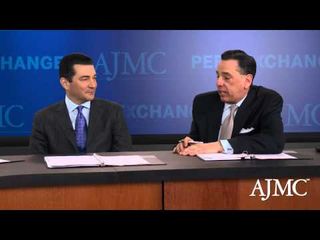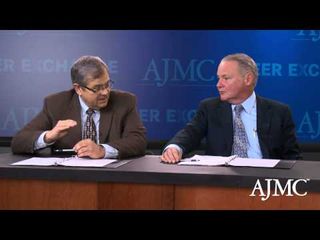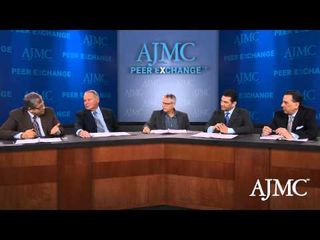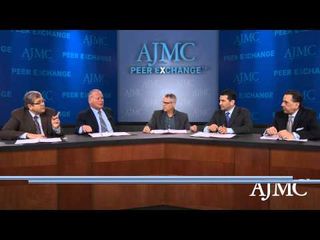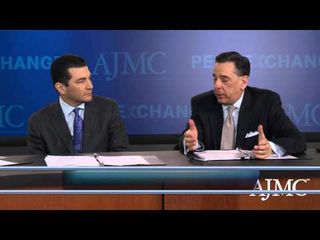
Value-Based Care
Latest News
Latest Videos

CME Content
More News
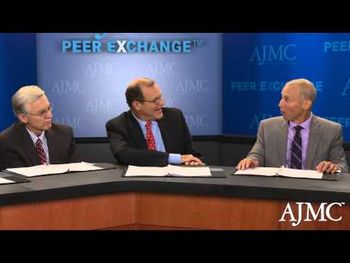

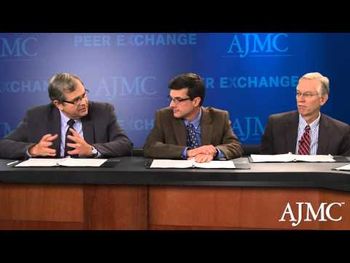

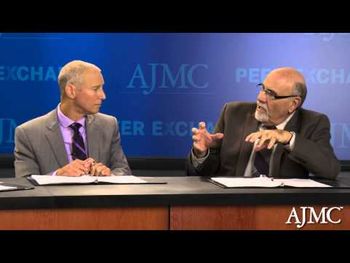


Nationwide, Pioneer ACOs saved the government $96 million last year, compared with $87.6 million in 2012, the Centers for Medicare and Medicaid Services said last month.

At the America's Health Insurance Plans' National Conference on Medicare and Medicaid and Dual Eligibles Summit in Washington, DC, Patrick Conway, deputy administrator for innovation and quality and chief medical officer for CMS, spoke on the future of delivery system reform.

The accountable care organization, or ACO, can be a mechanism for employers to achieve healthcare savings, according to a just-published article in The American Journal of Accountable Care, the publication of The American Journal of Managed Care dedicated to healthcare reform.

The accountable care organization, or ACO, can be a mechanism for employers to achieve healthcare savings, according to a just-published article in The American Journal of Accountable Care, the publication of The American Journal of Managed Care dedicated to healthcare reform.

The American Journal of Managed Care brings the next meeting of its ACO and Emerging Healthcare Delivery Coalition to the Miami Marriott Biscayne Bay October 16-17, 2014, where participants can learn and share best practices in an effort to improve overall patient outcomes.

Life for accountable care organizations (ACOs) in Medicare's Pioneer program appears to be as tough as that on the prairie itself: only the strongest are surviving. Yesterday, 3 more ACOs exited the program, according to numerous news reports. This morning the web site for the Centers for Medicare and Medicaid Services' Pioneer program listed only 19 ACOs from the original 32 that were part of the initiative when it launched in 2012.

A growing number of employers are becoming interested in accountable care organizations (ACOs) to improve quality and affordability. This article describes the requirements employers should have for ACOs.

The United States is in the throes of multiple experiments aimed to shift care delivery from a volume-based to a value-based system. This issue of AJAC examines a number of cutting-edge strategies.

As part of National Health IT Week, the Office of the National Coordinator for Health IT, outlined its 10-year vision to achieve interoperability for health IT.

The Patient-Centered Outcomes Research Institute (PCORI) has announced the approval of 50 research funding awards, totaling $30 million over two years, through its Pilot Projects Program, which will address a broad range of questions about methods for engaging patients in the health research and dissemination process.

Kimberly Westrich, director for health services research for the National Pharmaceutical Council, explained why accountable care organizations should consider medications an essential part of condition management.




The Affordable Care Act was implemented to change healthcare in the United States. In order to support that change, the government established the Center for Medicare and Medicaid Innovation (CMMI)-a sector of the government agency that aims to incentivize innovation among providers and payers.

Len Nichols, PhD, director of the Center for Health Policy Research and Ethics (CHPRE) and a professor of Health Policy at George Mason University, describes how medical tourism improves care while lowering costs.

Next year, U.S. healthcare providers will be subject to Medicare penalties if they do not meet up to 26 measures for value-based purchasing.

Six of the most prominent healthcare systems in Wisconsin have created a new partnership, jumping on the nationwide bandwagon of forming strategic alliances to share information, while remaining independent.

This study sought to explore if shifting care to nurses in cardiovascular risk management in primary care is a key to more structured chronic care.
